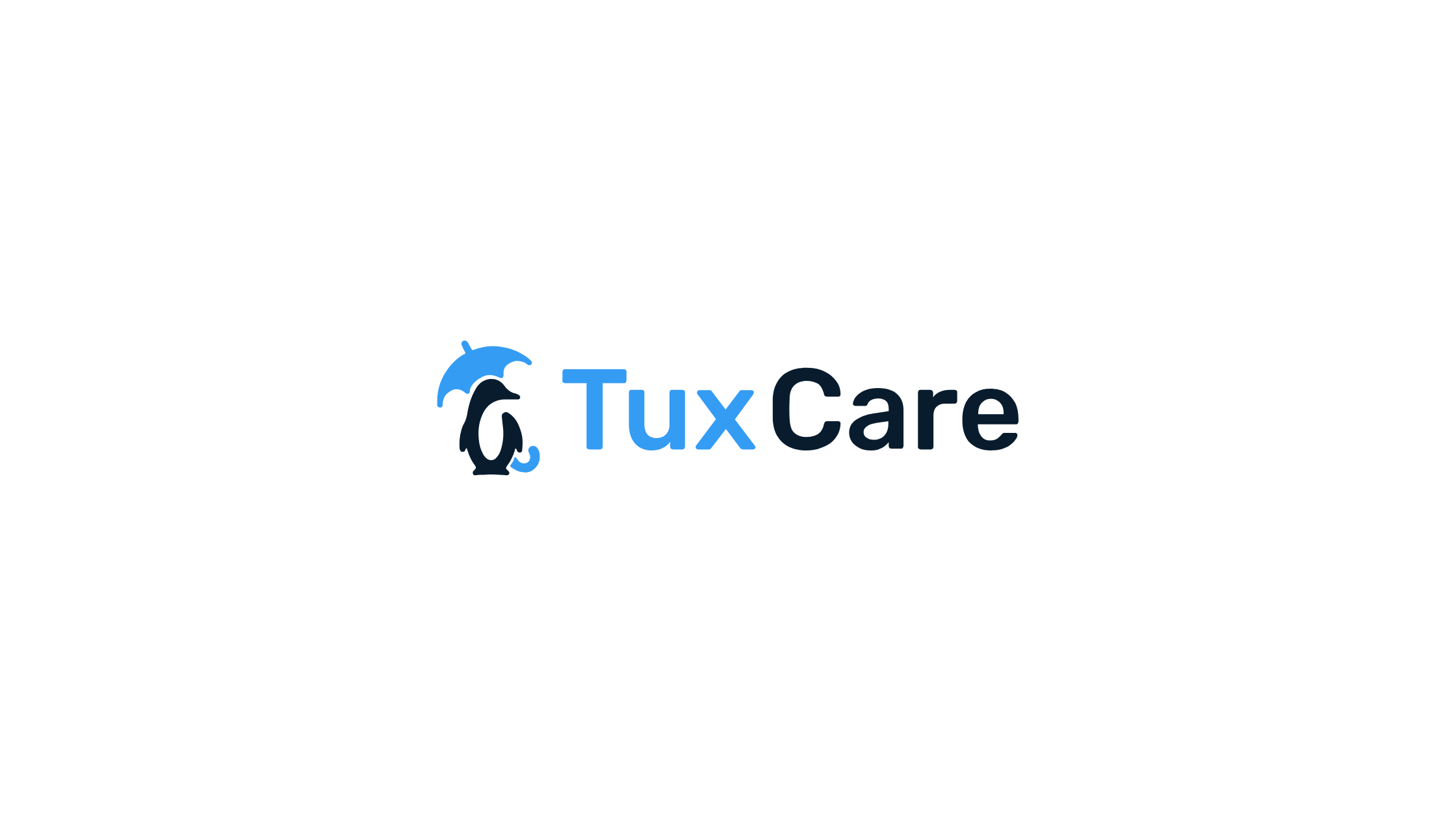Table of Contents
TuxCare
Premium
TuxCare is a comprehensive suite of enterprise-grade solutions designed to enhance the security and longevity of Linux systems. By providing automated live patching and extended lifecycle support, TuxCare enables organizations to maintain robust security postures without the need for disruptive reboots or extensive downtime.
Key Features
Automated Live Patching: TuxCare's KernelCare Enterprise facilitates the seamless application of security patches to running Linux kernels, eliminating the necessity for system reboots and thereby minimizing operational disruptions.
Extended Lifecycle Support (ELS): For systems operating on end-of-life Linux distributions, TuxCare offers ongoing security patches, allowing organizations to continue using their existing setups securely while planning for future migrations.
Broad Distribution Compatibility: TuxCare supports a wide array of Linux distributions, including RHEL, CentOS, AlmaLinux, Ubuntu, and Debian, ensuring extensive applicability across diverse IT environments.
Integration Capabilities: The platform integrates seamlessly with vulnerability scanners, security sensors, and automation tools, streamlining security workflows and enhancing overall efficiency.
What Does It Do?
TuxCare automates the deployment of critical security patches across Linux systems without necessitating reboots. This approach significantly reduces system downtime and ensures that security vulnerabilities are addressed promptly. Additionally, TuxCare extends the usable life of legacy systems by providing security updates for end-of-life Linux distributions, enabling organizations to maintain compliance and security standards during transition periods.
What is Unique About TuxCare?
TuxCare distinguishes itself by offering live patching solutions that cover not only Linux kernels but also shared libraries, virtualization platforms, and open-source databases. This comprehensive coverage ensures that various components within the Linux ecosystem receive timely security updates, all without causing service interruptions. Furthermore, TuxCare's support for multiple Linux distributions makes it a versatile solution for heterogeneous IT environments.
Who Should Use TuxCare?
Organizations of all sizes that rely on Linux-based systems can benefit from TuxCare's offerings. It's particularly advantageous for enterprises seeking to minimize downtime, maintain continuous operations, and ensure compliance with security standards. Industries such as finance, healthcare, government, and telecommunications, where system availability and data security are paramount, will find TuxCare especially beneficial.
Supported Platforms to Deploy TuxCare
TuxCare supports a broad spectrum of Linux distributions, including:
Red Hat Enterprise Linux (RHEL)
CentOS
AlmaLinux
Ubuntu
Debian
Pricing
TuxCare offers flexible pricing models tailored to the specific needs of an organization's Linux environment. For detailed pricing information and to obtain a quote customized to your requirements, it's recommended to contact TuxCare's sales team directly.
Short Summary
TuxCare provides automated live patching and extended lifecycle support for Linux systems, enabling organizations to maintain security and compliance without disruptive reboots. Its compatibility with multiple Linux distributions and seamless integration with existing security tools make it a versatile solution for enterprises aiming to enhance their cybersecurity posture.
TuxCare
Premium
January 1, 2025
